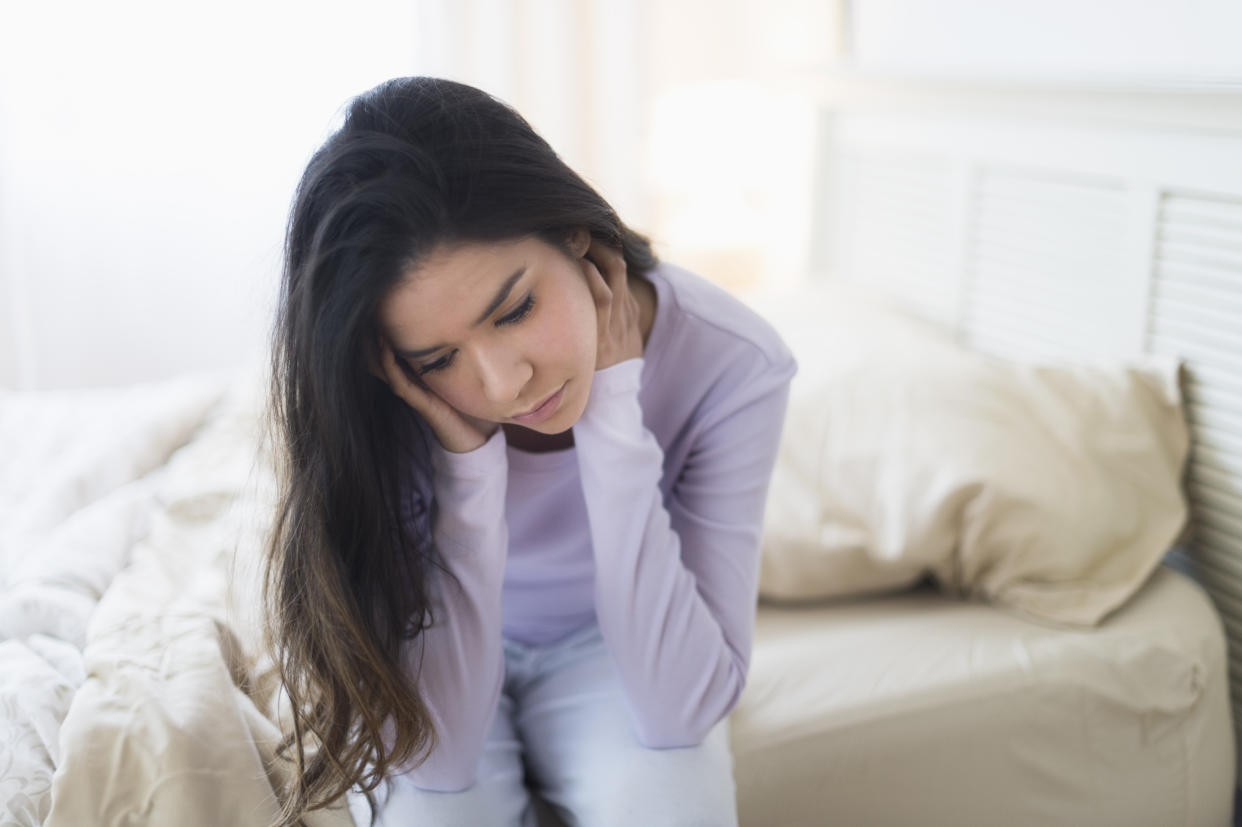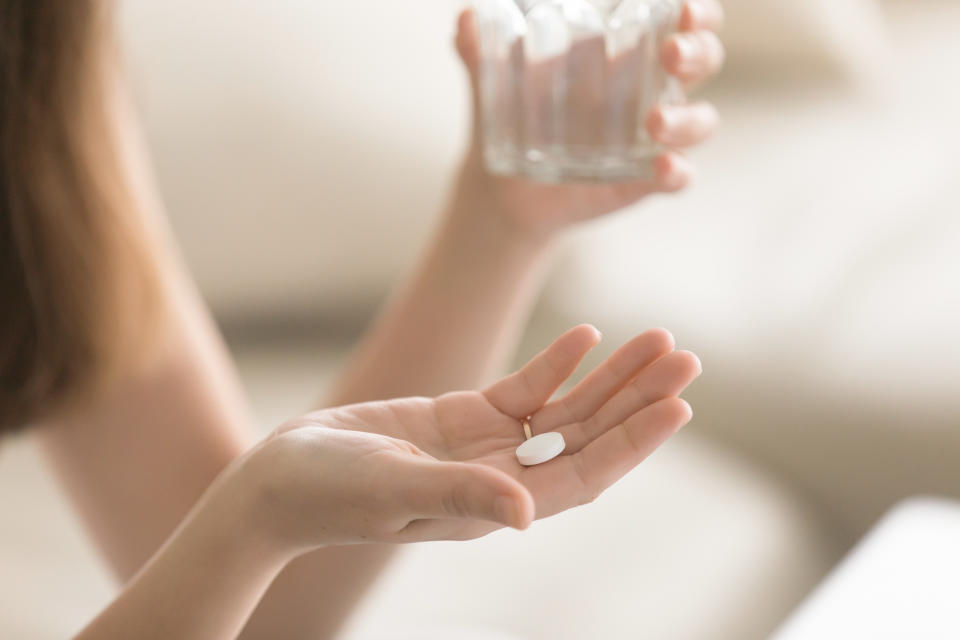Up to half of young women feel guilty, embarrassed or stressed over their sex life

Half of young women may experience “sexually related personal distress”, research suggests.
Scientists from Monash University in Melbourne looked at more than 6,000 women aged between 18 and 39.
Read more: Love Island star has 'never had an orgasm': Why do some women struggle to climax?
Just over half (50.2%) claimed to experience feelings of guilt, embarrassment, stress or unhappiness when it came to their sex life.
One in five (20.6%) also had at least one “female sexual dysfunction”, like difficulty becoming aroused or orgasming.
“Sexual wellbeing is recognised as a fundamental human right,” said study author Professor Susan Davis.
“It is of great concern that one in five young women have an apparent sexual dysfunction and half of all women within this age group experience sexually related personal distress.
Read more: How to enjoy sex during the menopause
“This is a wake-up call to the community and signals the importance of health professionals being open and adequately prepared to discuss young women's sexual health concerns.”
The scientists had the participants complete a questionnaire that assessed their sexual wellbeing by asking about everything from desire to self-image.
The results, published in the journal Fertility And Sterility, revealed that nearly one-third (29.6%) of participants had experienced sexually related personal distress without dysfunction.
Of those that did have dysfunction, low sexual self-image was most common, affecting 11% of participants.
This was followed by arousal (9%), desire (8%), orgasm (7.9%) and responsive (3.4%) dysfunction.
Read more: More than half of Brits 'have never been tested for an STI'
Sexual self-image dysfunction was linked to being overweight or obese, living with a partner and breastfeeding.
Perhaps surprisingly, it was also associated with being both married and single.
Psychotropic medication, like antidepressants, “had the most pervasive impact on sexual function”.
Antidepressants – particularly commonly prescribed selective serotonin reuptake inhibitors (SSRIs) – have been linked to reduced libido, delayed ejaculation and an inability to orgasm.

Women who habitually monitored their appearance, and for whom appearance determined their self-worth, were found to be less sexually assertive and more self-conscious while getting intimate.
They also experienced lower sexual satisfaction.
Left untreated, the scientists fear sexually related personal distress and dysfunction could affect a woman’s relationships and quality of life.
“The high prevalence of sexually related personal distress signals the importance of health professionals – particularly those working in the fields of gynaecology and fertility – being adequately prepared to routinely ask young women about any sexual health concerns, and to have an appropriate management or referral pathway in place,” said Professor Davis.
Your GP may be able to offer helpful advice, or refer you to a specialist, if you are experiencing difficulties in the bedroom.



